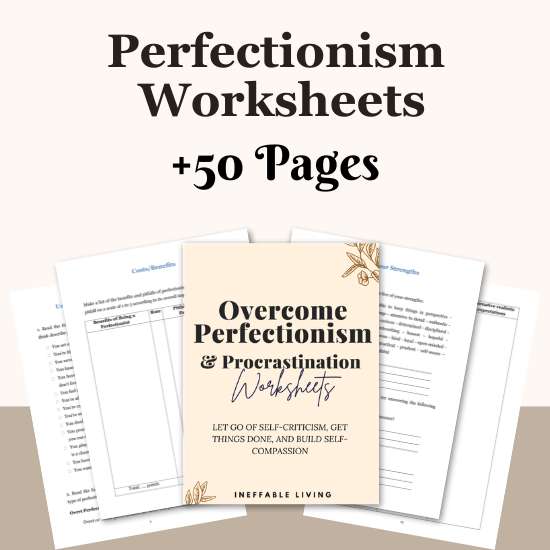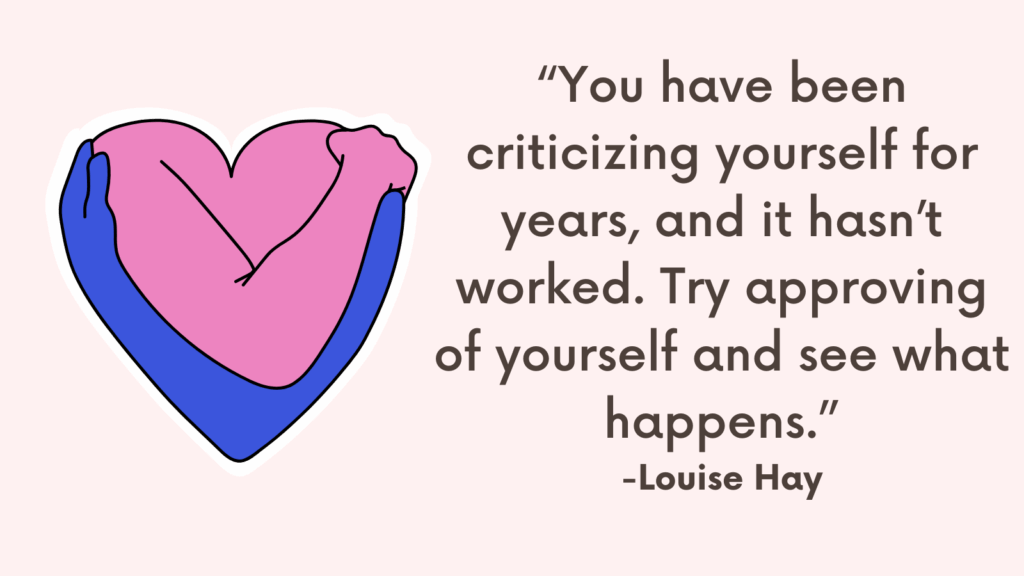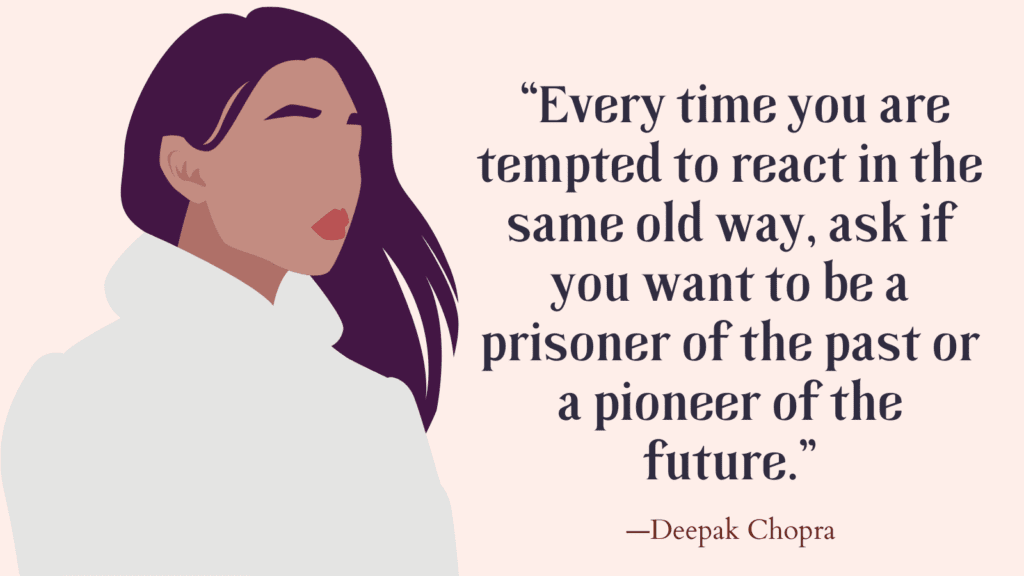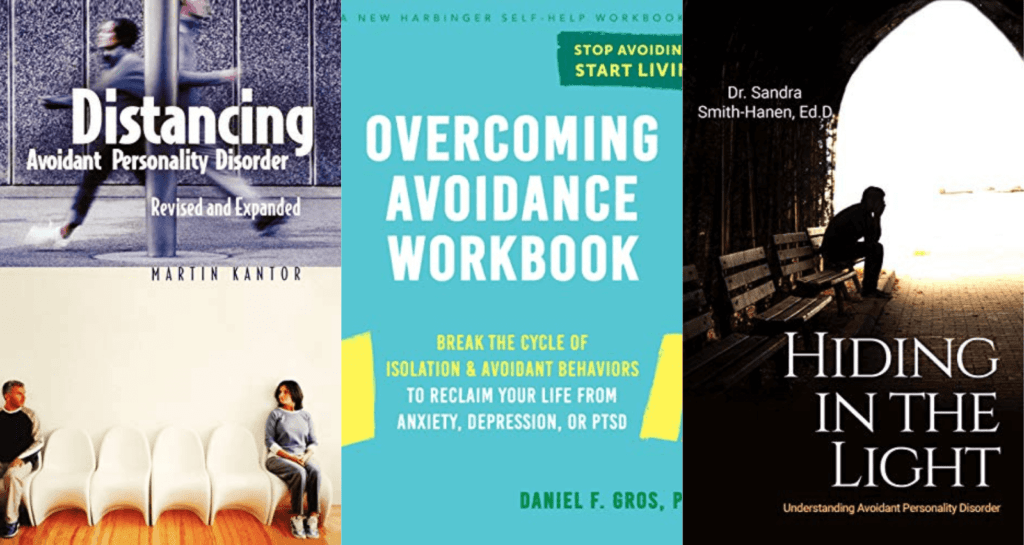When you hit a wall of zero motivation, even small tasks can feel impossible. You might call it burnout, exhaustion, or just feeling stuck—but the result is the same: you don’t want to do anything, and you’re not sure how to get out of it. Here’s how to respond with care and structure when that wave hits.
What This Feeling Might Really Be Trying to Tell You
Feeling like you don’t want to do anything is often misunderstood as laziness or lack of discipline. But in many cases, it’s your mind and body sending signals that something deeper is happening. Below are common underlying reasons for this emotional shutdown — and what each one might be trying to tell you.
1. You’re Emotionally Exhausted
If you’ve been carrying stress, caregiving, suppressing emotions, or pushing yourself for too long, your emotional system may be depleted. This kind of burnout can leave you feeling numb, foggy, and unable to engage — even in things you usually enjoy.
What it’s telling you: You need real rest, not just sleep — emotional rest, mental quiet, and space to recover from constant strain.
2. You’re Disconnected from Meaning
When everything on your to-do list feels routine, pointless, or disconnected from who you are, your motivation naturally fades. You might still be functioning, but you feel no spark or engagement.
What it’s telling you: You may need to reconnect with something meaningful — something that feels personal, fulfilling, or creatively alive.
3. You’re Grieving Something Unseen
Grief isn’t always loud or obvious. It can come from lost routines, unmet goals, relationship shifts, or subtle transitions. When unacknowledged, it often shows up as disinterest or emotional flatness.
What it’s telling you: You may need to slow down and process something that changed — even if you haven’t fully named it yet.
4. You’re Experiencing Depression (Even High-Functioning)
Not all depression looks like deep sadness. Sometimes it’s waking up with dread, losing interest in everything, or going numb while you go through the motions of daily life.
What it’s telling you: You need compassion, not pressure. You might also need professional support to explore what’s underneath the emotional shutdown.
5. You’re Overstimulated and Overloaded
Constant digital input, decision-making, noise, and multitasking can overwhelm your nervous system. If your mind is buzzing but your body feels frozen, it could be sensory or cognitive overload.
What it’s telling you: You need stillness, nature, or quiet time. It’s not about doing nothing — it’s about creating space to reset and regulate.
6. You’re Resisting Something That Doesn’t Fit
If what’s in front of you doesn’t align with your values or goals — a draining job, unhealthy relationship, or rigid routine — your system may quietly push back through lack of motivation.
What it’s telling you: Something needs to shift. Your body may be rejecting a path that no longer feels right, even if you can’t fully articulate why.
What to Do When You Don’t Feel Like Doing Anything?
1. Normalize the Feeling
Remind yourself this is a common human experience. It doesn’t mean you’re lazy, broken, or unmotivated forever. It’s a signal, not a verdict.
2. Do a Quick Body and Mood Check
Are you hungry, tired, dehydrated, overwhelmed, or overstimulated? Meeting a basic need can shift your energy more than willpower alone.
Related: Best 11 Grounding Techniques For Dissociation
3. Break the Inertia with One Tiny Action
Instead of aiming for productivity, aim for movement. Pick the lowest-energy action possible: drink water, stand up, change clothes, open a window.
4. Switch Environments
Change your surroundings—step outside, go to a different room, or sit somewhere new. A fresh physical space can stimulate new mental energy.
5. Lower the Bar Intentionally
Give yourself permission to do things at 20% effort. Fold one shirt, write one sentence, answer one email. Starting small often leads to doing more naturally.
6. Don’t Wait to Feel Motivated
Action creates momentum. You might not feel like it first—but doing something small can give you a spark of energy that motivation follows.
7. Choose Gentle Structure
If the day feels like a blank page, try setting loose time blocks: rest, nourish, move, connect. This gives shape without pressure.
Related: Best 8 Mindfulness Exercises For Adults That Will Help You Regulate Your Emotions
8. Use the “Next Right Thing” Approach
Instead of thinking about the whole day or week, ask, “What’s the next right thing I can do?” Then do just that. Don’t plan past it.
9. Accept the Lull Without Shame
Not every day is meant for output. If your body and mind are asking for stillness, allow it without guilt. Resting is doing something.
10. Connect with Someone, Even Briefly
Text a friend, send a voice note, or say hi to someone nearby. Human connection can break the isolation that deepens the slump.
11. Create a “When I Feel Stuck” Toolkit
Make a list of things that gently energize you—like music, walking, drawing, or stretching. Keep it visible and use it when your brain goes blank.
12. Avoid the All-or-Nothing Trap
You don’t have to clean the whole house or write the whole report. Progress happens in pieces. Half-done still counts.
Related: 30 Coping Skills for Anxiety and Depression
13. Set a Timer to Try Something for 5 Minutes
Tell yourself you only have to do it for 5 minutes. If you want to stop after, that’s fine. If not, keep going. Often, starting is the hardest part.
14. Reflect Without Pressure
Ask gently, “What might my lack of motivation be trying to tell me?”—not to fix it right away, but to listen and understand your inner world.
15. Trust That Energy Will Return
You won’t feel this way forever. Lulls are part of being human. Ride the wave instead of fighting it, and your capacity will come back.

Conclusion
Feeling like doing nothing doesn’t mean you’ve failed—it means you’re human and in need of compassion, not pressure. Start small, stay kind, and take one step at a time.



